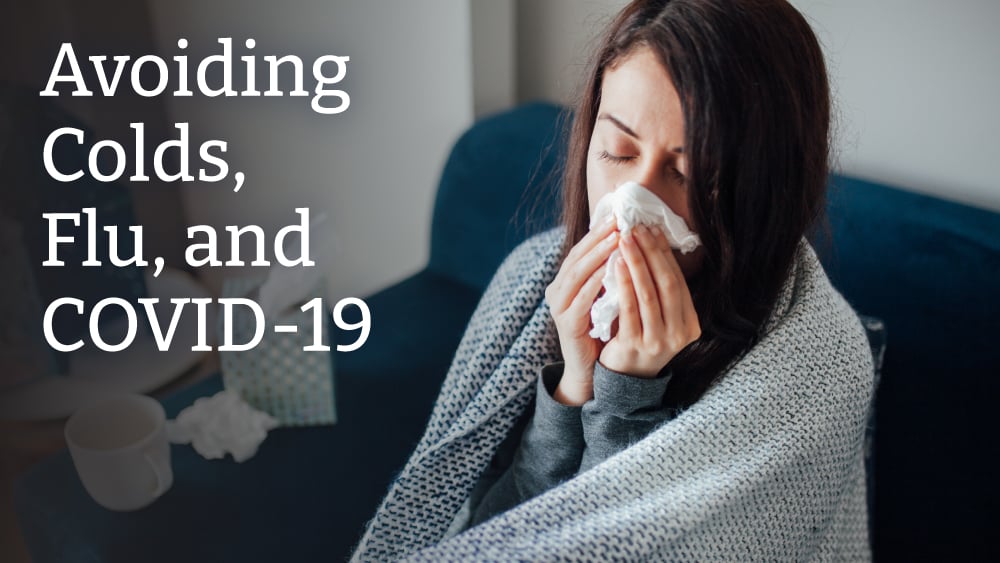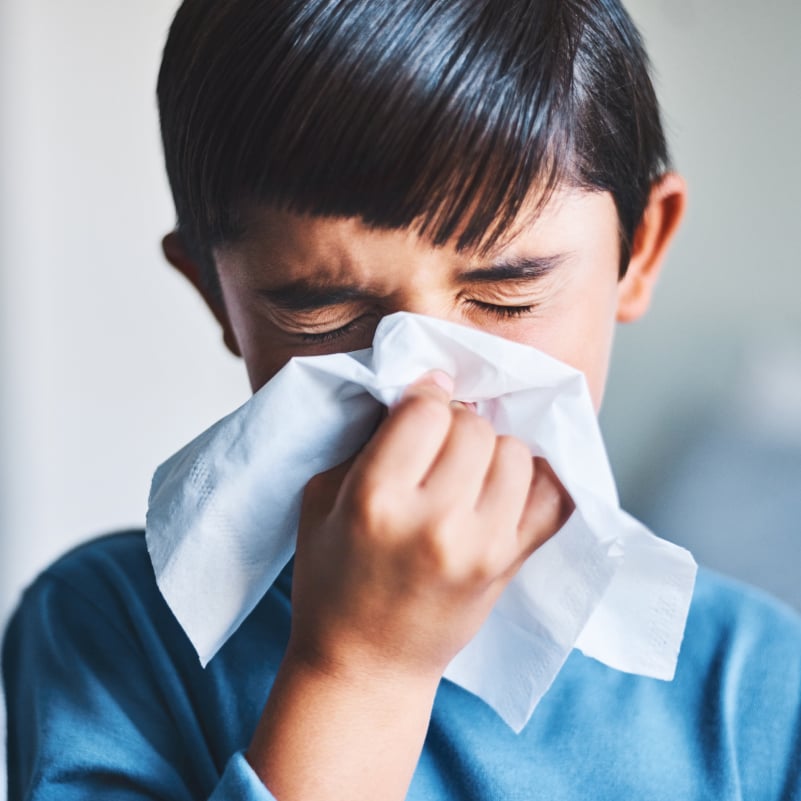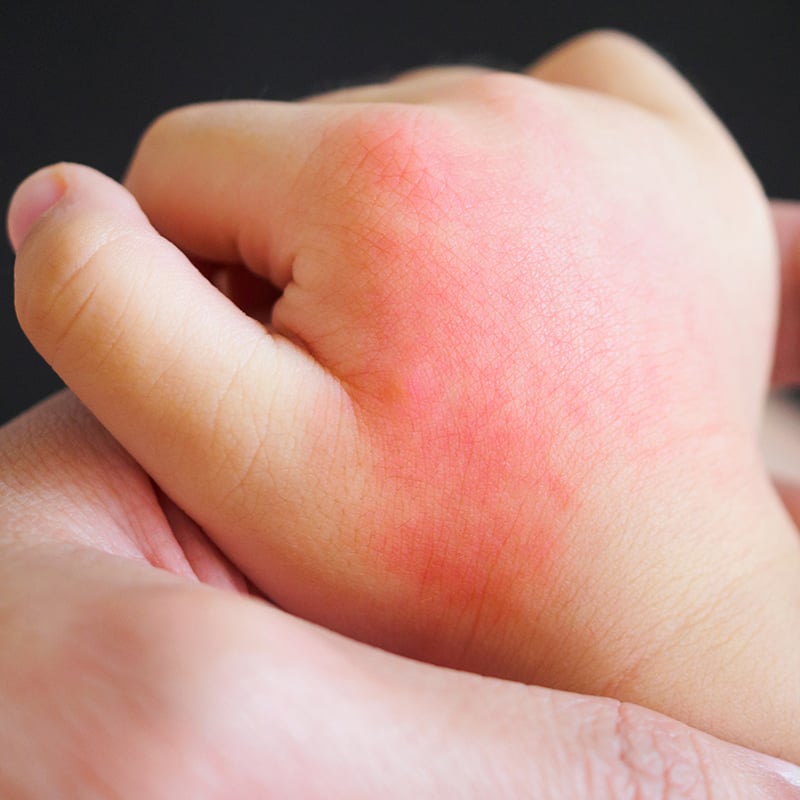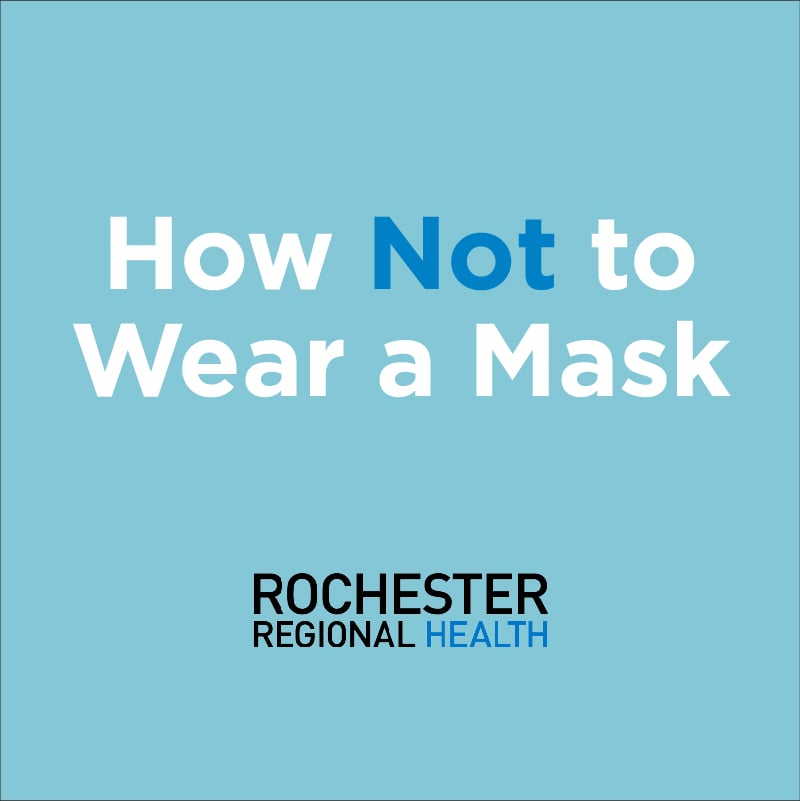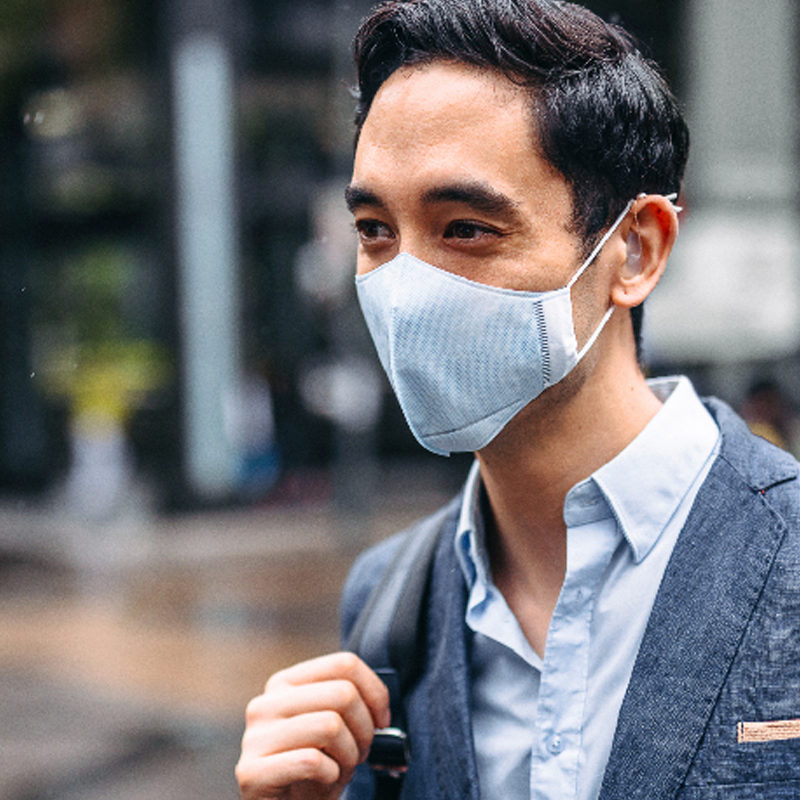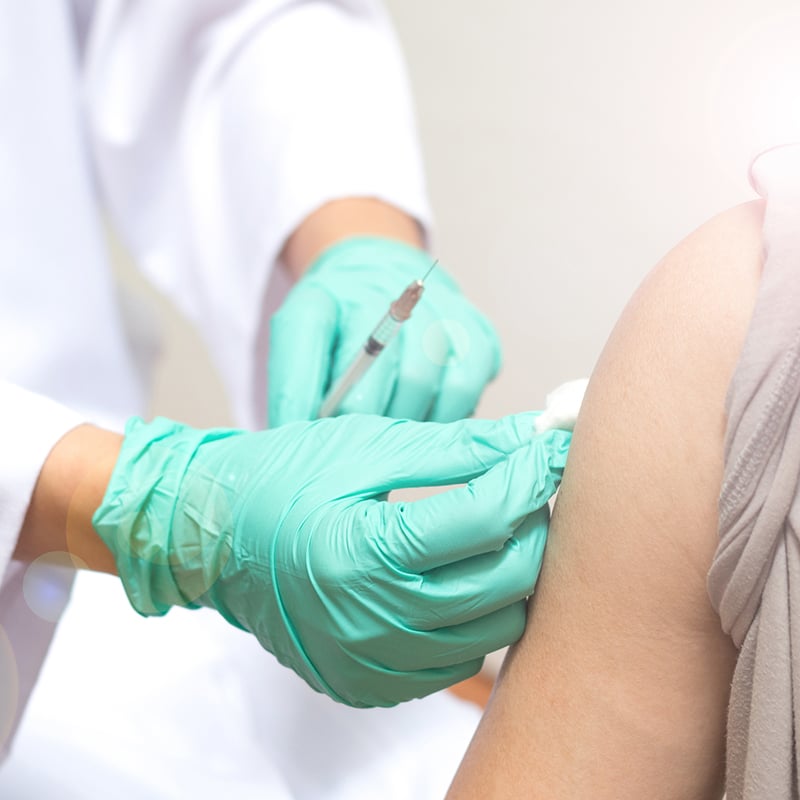As the weather gets colder and we all start staying indoors more often, more illnesses typically start to spread. Flu season is ramping up, and colds and viruses are abundant – not to mention the COVID-19 pandemic. With hospitals, urgent cares, and other medical locations becoming increasingly overwhelmed, it will help everyone if we all stay as healthy as possible.
Michael Mancenido, MD, is an infectious disease specialist with Rochester Regional Health who has some suggestions on avoiding these pesky viruses – and what to do if you do end up getting sick.
Steps to avoid getting sick
Some of the most common illnesses during the winter season are caused by respiratory viruses. Colds, the flu, and COVID-19 are all due to respiratory viruses that share some similar symptoms.
A few of those symptoms include:
- Stuffed/runny nose
- Cough
- Sore throat
- Fatigue
While these symptoms are similar to one another, flu comes on much more quickly than a cold and can sometimes lead to more serious complications. COVID-19 also comes on more quickly than a cold, and can be even more serious than the flu.
“A good number of the ways people can avoid getting sick with any of these viruses is to follow the CDC guidance that we’ve all heard so many times over the course of the pandemic,” Dr. Mancenido said.
Wash your hands frequently using soap and water for at least 20 seconds. Do this after you have been in public places or come into contact with someone who may be sick.
Wear a mask or face covering while indoors in public places. This can help to keep you from ingesting any viral particles in the air. Also, if you happen to be sick yourself, you are less likely to spread any illness to anyone else around you.
Keep your distance. Putting about 6 feet of physical distance between yourself and others in public places can lessen the spread of sicknesses and germs in general.
Get your shots
Vaccines have been developed to protect us against many diseases and viruses. Because colds stem from several different kinds of viruses, there is not a vaccine to protect against getting a cold.
Thankfully, we have vaccines available to protect against influenza and COVID-19. Both vaccines are considered strong and effective at preparing your body’s immune system to fight off a potential infection. Most pharmacies and Rochester Regional Health offices carry both vaccines.
We have now learned that getting both the flu and COVID-19 vaccines at the same time (one in each arm) is safe and effective, according to a study done in the United Kingdom. On November 19, 2021, the CDC said COVID-19 vaccines may be administered without regard to timing of other vaccines. This includes simultaneously administering the COVID-19 vaccine and other vaccines on the same day.
If you are considering a COVID-19 booster shot, you must be at least 12 years old to get the Pfizer/BioNTech booster, and at least 18 years old to receive the Moderna or Johnson & Johnson booster. For those who received a Pfizer/BioNTech or Moderna initially, you need to wait at least five months after you were fully vaccinated before getting your booster. For those who received Johnson & Johnson, you need to wait at least two months.
If you do get sick…
Sometimes no matter how much effort we put into avoiding getting sick, we manage to become ill.
With all of the similarities between cold, flu, and COVID-19 symptoms, it is a good idea to take a COVID-19 test. Most local pharmacies carry at-home test kits that produce results in as little as 15 minutes. Urgent cares often have drive-up services where you can get a swab and wait for your results in your vehicle.
“If you have symptoms, it is best to know if you have COVID-19 as soon as possible,” Dr. Mancenido said. “This can help to limit the spread of whatever virus or illness you may have – even if it isn’t COVID.”
Stay home if you are sick. Showing up to school or work or a social event for the sake of being there while you are sick is not helpful for you or for anyone around you. Your body needs to rest and recover from whatever illness is in your body.
Keep in mind that, whichever virus you may have, you need to give your body a break and rest. Allow your immune system to do what it is supposed to do and fight the infection so that you can get back to your daily routine.

